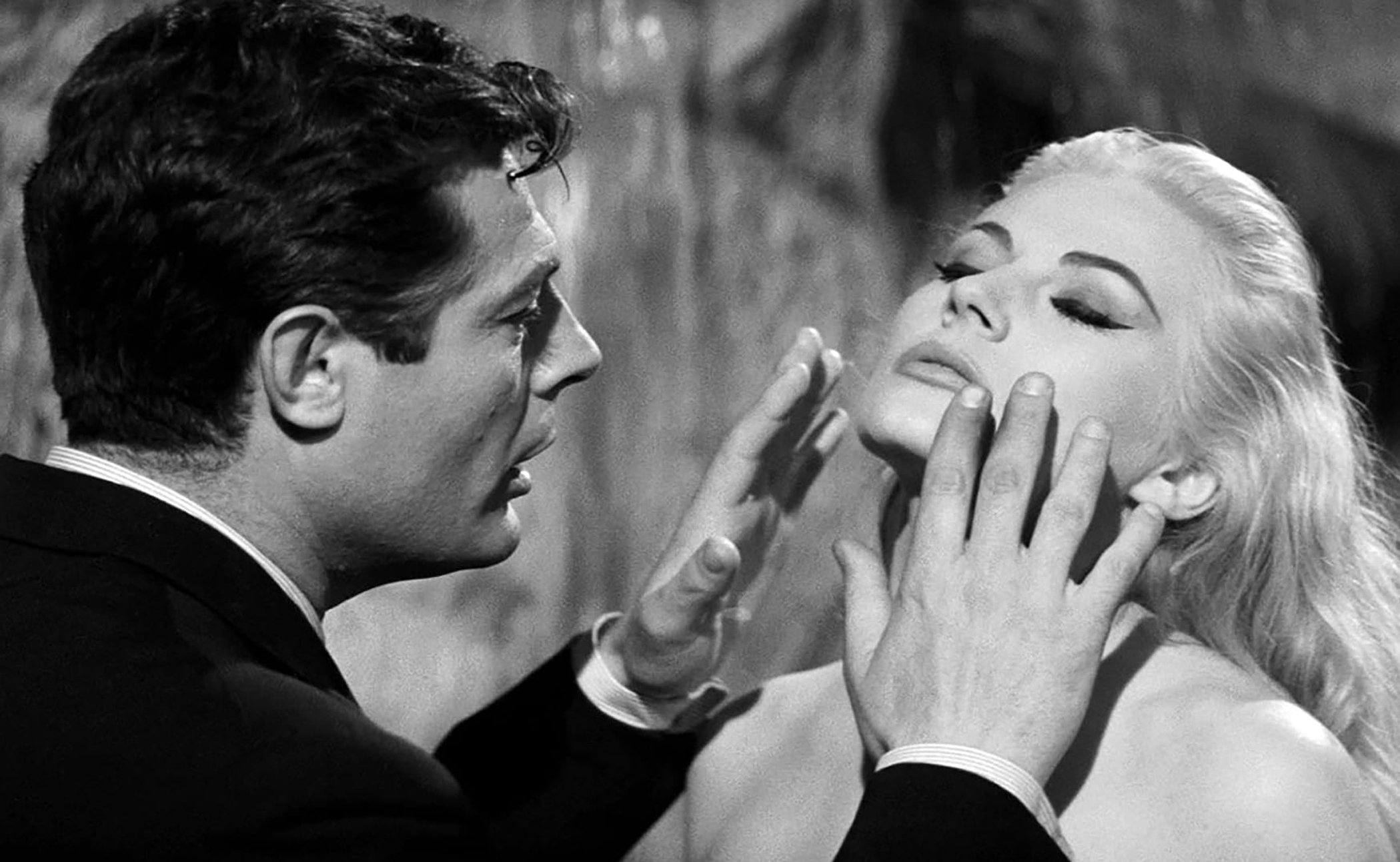
Hailed as a landmark neo-realist Italian movie after World War II, 'Open City' projected a melodramatic description of war-torn Rome. The film's immense success made both Rosellini and Fellini popular at home and abroad. His crucial break as a scriptwriter came in 1944 when he was asked to contribute to the script of "Città Aperta" (Open City), directed by Italian director Roberto Rosellini. In 1943, he married Italian actress Giulietta Masina, who later appeared in most of his movies. He made his first contribution to film by writing comic gags for Italian actor Aldo Fabrizi. Through his works, Fellini had a commendable influence in Italy's popular culture of that period. He also wrote scripts for radio shows and contributed to the famous satirical magazine "Marc' Aurelio". In his early days in Rome, Fellini earned a living as a writer and caricaturist drawing cartoons and sketches. The man was acclaimed Italian film director Federico Fellini, better known for his unique style of blending fantasy and baroque images.

He was eventually drawn into the world of art and cinema, and became one of the most influential filmmakers of the 20th century. He enrolled in a law school to pursue a graduate course that he never completed.

With a dream of making his mark, a young man left his seaside hometown of Rimini for Florence in 1938, and then moved to Rome, the city that held great fascination for him, the year after.


 0 kommentar(er)
0 kommentar(er)
